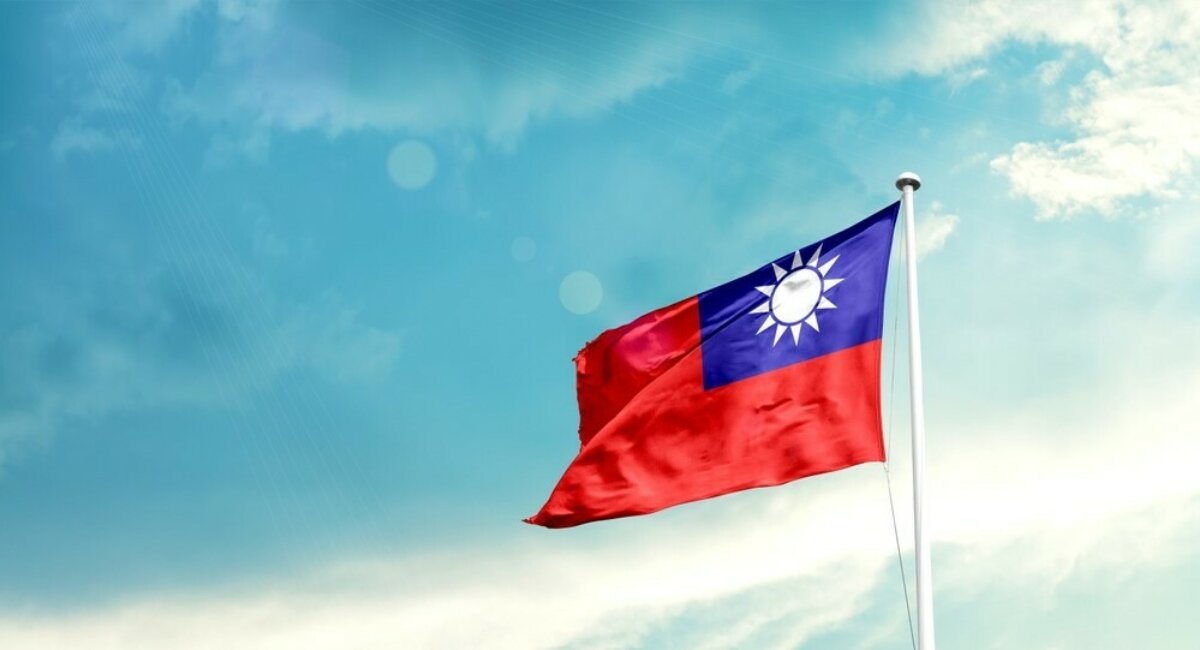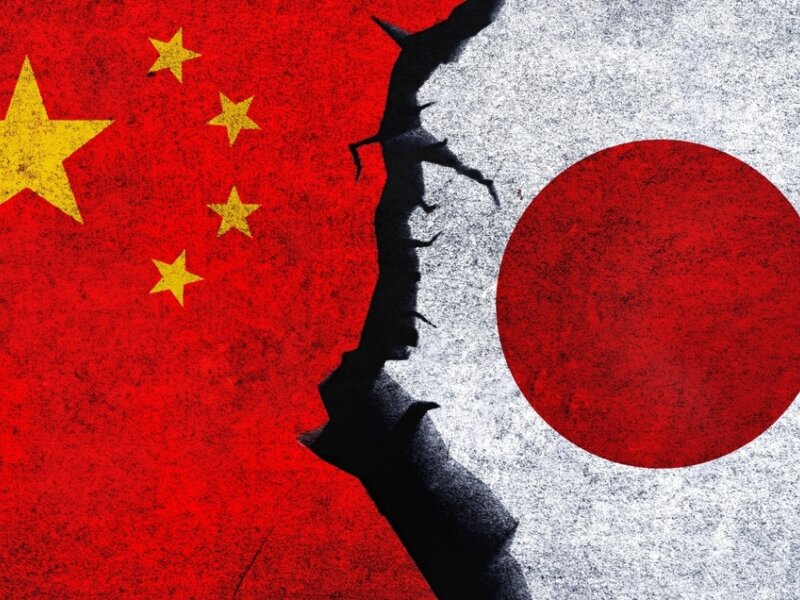The Taiwan Strait: the fragile line between stability and economic erisis in the Indo-Pacific
The risk of conflict between China and Taiwan is growing, with Chinese military forces conducting intimidating exercises in the strait. Taiwanese President Lai has reiterated his commitment to defending democracy and resisting any annexation by China.

History teaches us that major crises often erupt in small, overlooked places that are no less strategic. The Taiwan Strait is one of those places — a narrow body of water separating mainland China from an island that refuses to submit to Beijing. It is here that the fate of not just Asia, but potentially the entire world, could be decided.
Xi Jinping, the man who rules the Chinese Communist Party with the authority of an emperor, has made it clear that Taiwan must return to China's fold. Whether peacefully or by force, this is a certainty in his eyes. However, there is another reality to consider: the Taiwan Strait is not just a domestic issue for China, as Beijing's officials like to claim. It is one of the world's most crucial trade routes, carrying everything from semiconductors—the tiny tech components that power our smartphones—to oil and raw materials that feed East Asia's factories. The goods passing through this narrow stretch of sea are worth trillions of dollars each year. And what would happen if that flow stopped? The answer is simple: a global economic disaster. The fragility of the international system is such that a single blockade of this waterway could cost the global economy more than we can imagine.
Japan and South Korea, two pillars of the global tech industry, rely heavily on the Taiwan Strait for their imports and exports. We're talking about hundreds of billions of dollars in goods, oil, and gas crossing this route annually. If the strait were to close, or even become too dangerous to navigate, the consequences for their economies would be devastating. And let’s not forget Australia, which ships its iron to China through this very route. Yet, the truth is that China itself is deeply tied to the Taiwan Strait.
Yes, you heard that right. The Asian giant, with all its imperialist rhetoric, depends on this route more than it cares to admit. Over $1.3 trillion worth of Chinese goods transit through the strait each year. What does this mean? In the event of a blockade or open war, it wouldn’t just be Taiwan that suffers. China itself would be brought to its knees, with its trade paralysed and its hegemonic ambitions in serious jeopardy.
Beijing is not blind to these facts. Xi Jinping knows that a full-scale invasion of Taiwan would be a gamble with unpredictable consequences, not just for China but for the entire international system. That is why, in the short term, a strategy of "quarantine" or economic blockade seems more likely than a lightning amphibious assault.
However, even a less dramatic action could trigger devastating ripple effects. Shipping companies might avoid the strait, just as they have in the Red Sea to evade attacks from Houthi rebels. Alternative routes exist, sure, but they are longer, more expensive, and fraught with logistical challenges. These detours would also bypass China, directly hitting its economy.
This is Xi's dilemma. He wants to reunify Taiwan but understands that the price may be extremely high — not only for the rest of the world but for China itself. Like every leader chasing glory, Xi walks a tightrope between ambition and reality.
The truth is that the Taiwan Strait is not just a matter of local geopolitics. It is the crossroads of global interests that underpin the entire international economic system. If that tightrope snaps, the whole world could fall with it.
For now, Xi continues to play his game. But the risk remains that in trying to resolve a historical issue, he could ignite a conflict beyond anyone's control. And as so often happens, we may discover that small stretches of sea can lead to great tragedies.



